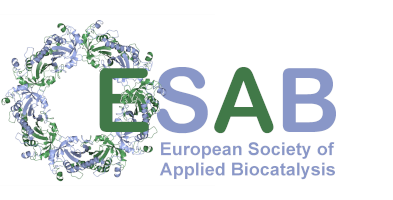Identification of plastic-active enzymes from a wastewater treatment plant microbiota
Abstract
Andrea Salini / Università degli Studi di Verona, Verona, Italy
Valeria Monarca / Università degli Studi di Verona, Verona, Italy
Paolo Matteo Gonnelli / Università degli Studi di Verona, Verona, Italy
Marco Soldà / Università degli Studi di Verona, Verona, Italy
Salvatore Fusco / Università degli Studi di Verona, Verona, Italy
Topic: Industrial Biocatalysis
The global surge in plastic production, coupled with poor waste management practices, has led to plastic accumulation in many ecosystems. As plastic-polluted environments, may serve as reservoirs of plastics-active enzymes (PAZy), this study aims to investigate the microbiome of the active sludge (AS) from a wastewater treatment plant (WWTP), i.e., a microplastic-contaminated industrial niche. AS was used as the inoculum for enrichment batch cultures in media containing post-consumer polyethylene terephthalate (PET) or polylactic acid (PLA) at 37°C and 50°C. Biolm-forming and planktonic cells were subjected to functional screening for enzymatic activity associated with polyester hydrolysis. Among the 148 isolates displaying esterase activity on tributyrin, 25 showed lipase activity on coconut oil, and 3 hydrolysed polyhydroxybutyrate (PHB) and polycaprolactone (PCL). Also, 25 enzyme candidates were identied, via metagenomic analyses, as potential PHB depolymerases.
